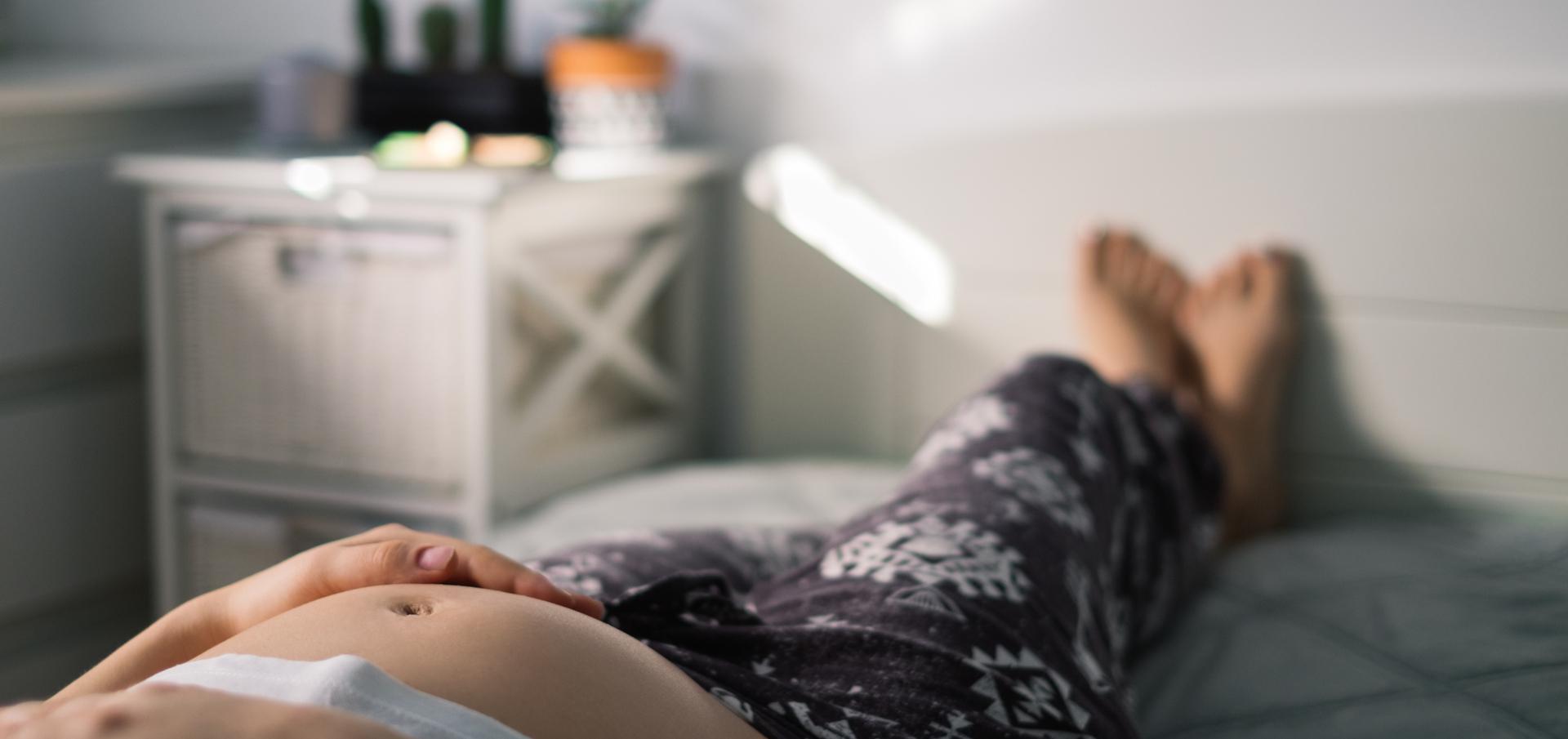
How to Relieve Swollen Feet During Pregnancy
Your favorite cute sneakers no longer fit. Your go-to comfortable sandals are snugger than you remember. Then you look down and see what’s going on—your feet are huge. Don’t worry; it’s normal for feet to swell during pregnancy.
Swelling can happen anytime during pregnancy and doesn’t happen to everyone. “Typically, it occurs during the third trimester when body volume is increasing,” says Cheruba Prabakar, M.D., a board-certified ob-gyn who practices in Oakland, California. She said it most often occurs at the end of the third trimester, around 36 weeks, when you’re almost ready to deliver. “But it’s not something everyone has to expect. It doesn’t happen for everyone.”
Why Do Feet Swell During Pregnancy?
The swelling in your feet is partly caused by your weight gain and the fact that your body retains more fluid when you’re pregnant. Plus, your growing uterus is getting larger and larger, putting pressure on your veins. That gets in the way of blood returning to your heart, says Abdulla Al-Khan, M.D., a double board-certified ob-gyn at Hackensack Meridian Health in Hackensack, New Jersey.
“If you lie down and elevate your legs, the swelling tends to go away” Al-Khan says. “If it’s isolated and gets better with walking around or resting, that’s generally reassuring.”
Elasticity is another factor that can contribute to swelling. “Some patients have a composition of collagen in their vascular system that is more susceptible toward swelling,” Al-Khan says. “These [people] say, ‘As soon as I get pregnant, I swell up.’”
How to Treat Your Swollen Feet
A few ways to reduce foot swelling include:
- Adjusting your sleep position. Sleeping on your left side takes pressure off the inferior vena cava, a large vein that carries blood from the lower extremities, like your legs and feet, to your torso and heart. You might also try elevating your legs a bit with pillows.
- Wearing compression stockings or tights. This prevents pooling of fluid.
- Exercising. Try walking, riding a stationary bike, or swimming laps.
- Wearing loose clothing. Tight clothing can restrict blood flow.
- Staying off your feet and avoiding standing for long periods. When sitting, put your feet up. Rotate your ankles and flex gently to stretch your calf muscles occasionally.
- Soaking your feet in cool water. Cold constricts blood vessels to help with swelling.
- Wearing comfortable shoes that fit correctly. That may mean a pair that’s bigger than your pre-pregnancy size.
- Cutting back on salty food intake. Too much salt leads to water retention and swelling.
“It’s more symptomatic relief,” Prabakar says. “There is really no medication or intervention. It’s about lifestyle modifications.”
Should You Be Concerned?
Not all swelling falls within the common range of symptoms, Al-Khan says. Sudden swelling that doesn’t involve the lower extremities, such as swelling in the hands, or face could be a sign of preeclampsia, a dangerous blood pressure condition that can develop after 20 weeks of pregnancy and needs to be treated.
Also, swelling that is not symmetric, particularly in your lower legs, warrants evaluation. Swelling that is worse in one leg or calf can be a sign of a blood clot called a deep vein thrombosis (or DVT), which can be quite dangerous. If you have any swelling that is like this, contact your provider right away.
If you have any concerns at all about your swelling, talk to your doctor. “When you’re pregnant and have symptoms which you don’t usually have, you can’t ever go wrong with seeking medical advice,” Al-Khan says.
What Happens After Pregnancy
Typically, swelling reduces 10 to 14 days after delivery, as you lose much of the water weight you gained during pregnancy to support your developing baby. Don’t be alarmed if it gets a little worse before it gets better, though. “It’s not uncommon for swelling to exacerbate after birth,” Al-Khan says. “You may swell after labor and getting IV fluids. It’s not uncommon to be puffy and swollen after you deliver.”
Note that if your feet don’t go back to their pre-pregnancy size after delivery, it’s not because of swelling. Some people experience a pregnancy-related foot arch issue that can make their feet permanently larger.
You May Also Like:
Want to Read More?
Access all of Twill Care’s content, community, and experts for free!
Already a member? Login
Want to Read More?
Access all of Twill Care’s content, community, and experts for free!
sign UP For FreeAlready a member? Login

